Remarkable Journey Of Anne Newport Royall, Pioneering Professional Journalist
Anne Newport Royall once called the “queen of all hags,” is remembered as a pioneering writer and prominent journalist. She published ten travel books, a novel, and two weekly newspapers in Washington, championing unpopular causes like a latter-day muckraker.
Royall praised her supporters lavishly and attacked her detractors fiercely. Through her paper, she debated issues like the Bank, anti-Masonry, Nullification, and church-state separation, always clearly stating her stance.
As the only woman in U.S. history tried and convicted as a “common scold,” Royall was aggressive, outspoken, and patriotic. Keep reading to learn more about this remarkable woman.
A tough, poverty-stricken childhood before marriage
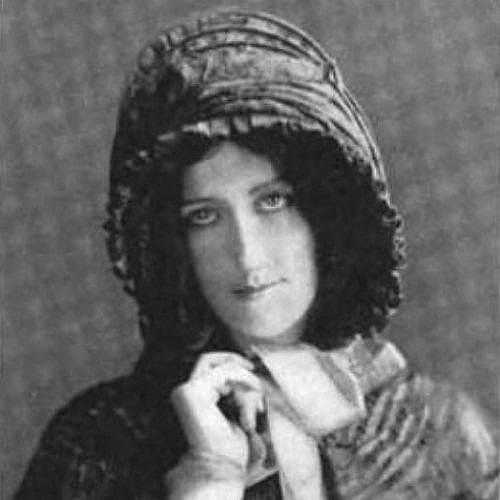
Anne Newport Royall was born on June 11, 1769, near Baltimore, Maryland. Anne’s early life was marked by poverty and resilience. She grew up tough, influenced by the frontier’s wildness. After her father’s death, she and her mother moved to Sweet Springs, now West Virginia.
Her biographer, Sarah Harvey Porter, noted that Anne’s upbringing “was not a nurse-guarded childhood. Reared among wild birds, wild beasts, and wild men — small wonder that a flavor of wildness marked her character to the end of her long life.”
At Sweet Springs, Anne and her mother worked for Major William Royall, a wealthy Revolutionary War officer. He educated Anne, introducing her to great authors like Shakespeare and Enlightenment thinkers like Thomas Jefferson and Voltaire.
Despite the age difference, William Royall took her under his wing, sharing his library and educating her. Anne and William married in 1797, though they had no children. They enjoyed 15 years of comfort until his death.
Her travel writing journey across the United States
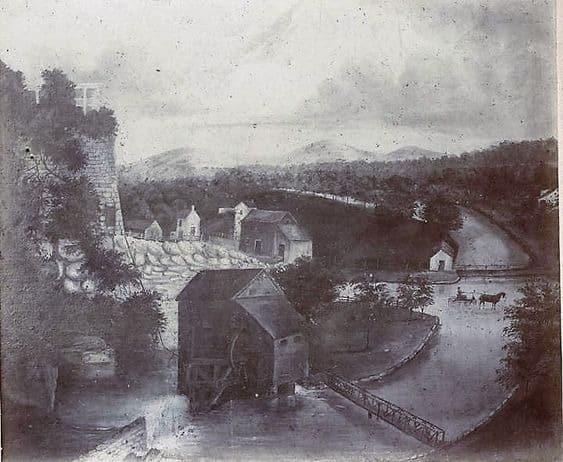
When William died in 1812, he left most of his estate to Anne. However, in 1819, the will was overturned, and Anne faced a legal battle with Royall’s relatives, who claimed the will was a forgery.
After seven years, the will was annulled, and Anne was left nearly penniless. She moved to Alabama, in her words “divert my mind from melancholy reflections.”
Anne Newport Royall spent the next four years traveling around Alabama, documenting the state’s development through letters that later became “Letters from Alabama”. She also wrote a novel called “The Tennessean” before heading to Washington, D.C.
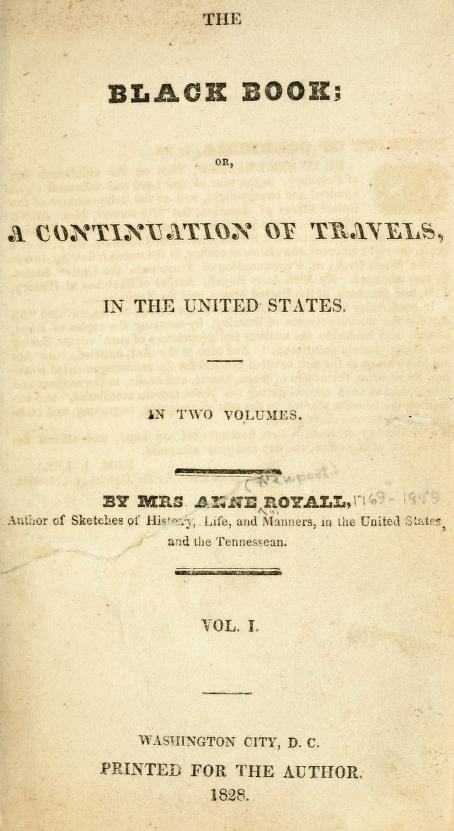
Biographer Jeff Biggers called her an “itinerant storyteller.” In Alabama, she began her “Black Books” series, which were popular for their informative yet sardonic portraits of elites from Mississippi to Maine.
Unlike the sentimental literature of other female writers, Royall’s sharp descriptions of American life were widely read.
In 1824, Royall traveled to Washington, D.C., to seek a pension as the widow of a Revolutionary War soldier. She secured a letter from the Marquis de Lafayette confirming her husband’s service and sought help from Secretary of State John Quincy Adams, who supported her cause.
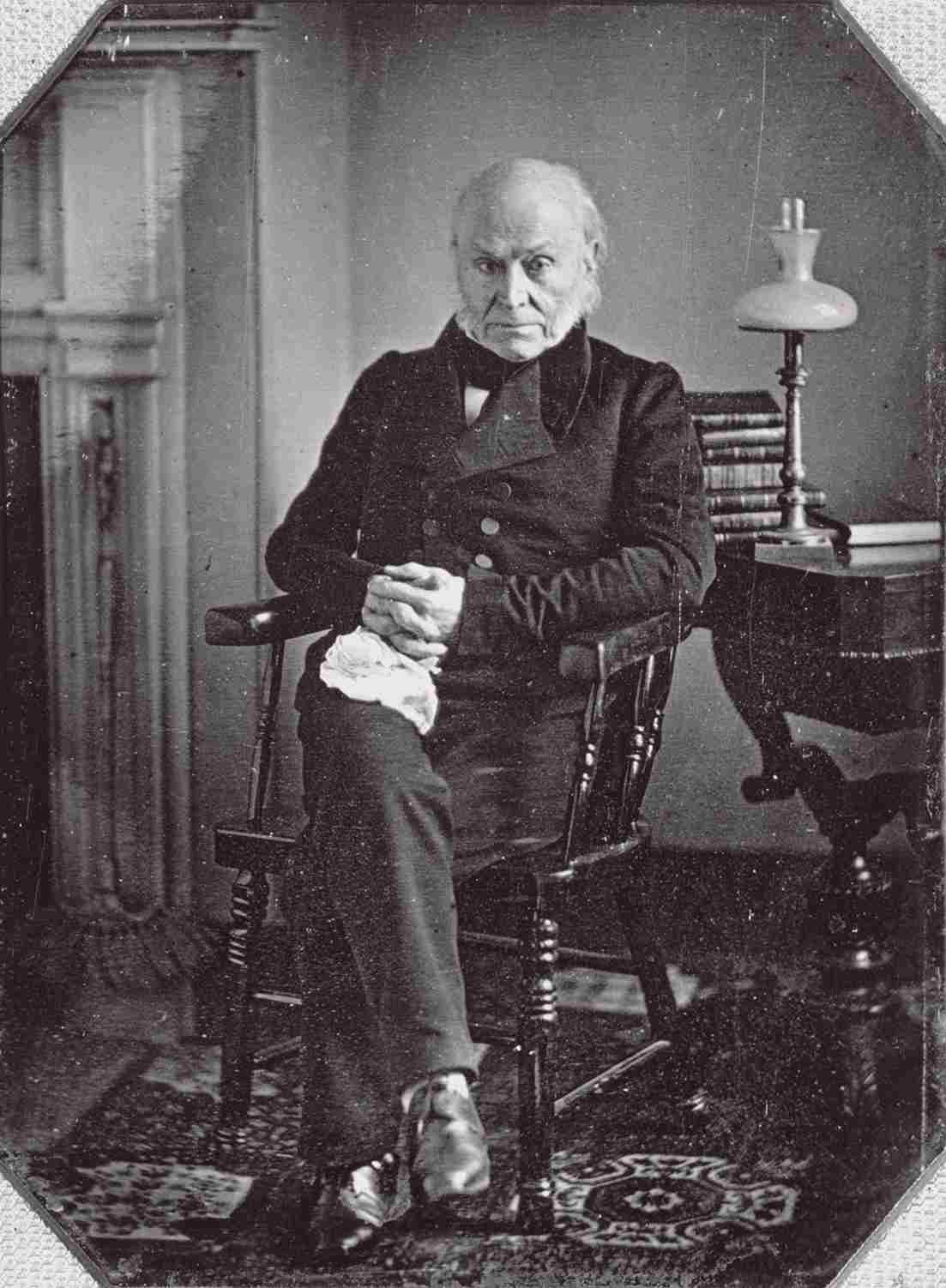
It’s famously recounted that Royall encountered President John Quincy Adams during one of his early morning swims in the Potomac. The story goes that she held his clothes hostage until he answered her questions, earning her the first presidential interview granted to a woman.
Adams invited her to meet his wife, Louisa, who gave Royall a white shawl as she journeyed north to gather proof of her husband’s military service.
From 1823 to 1825, with Washington, D.C., as her home base, Royall visited key cities across the United States. She met influential politicians and businessmen who featured prominently in her writings.
Her profiles of notable figures like Noah Webster, James Fenimore Cooper, and Ann Bailey were compiled in Sketches of History, Life, and Manners in the United States (1826). Royall is reputed to have interviewed every president, from John Adams to Franklin Pierce.
Her widespread notoriety by outspoken and controversial views
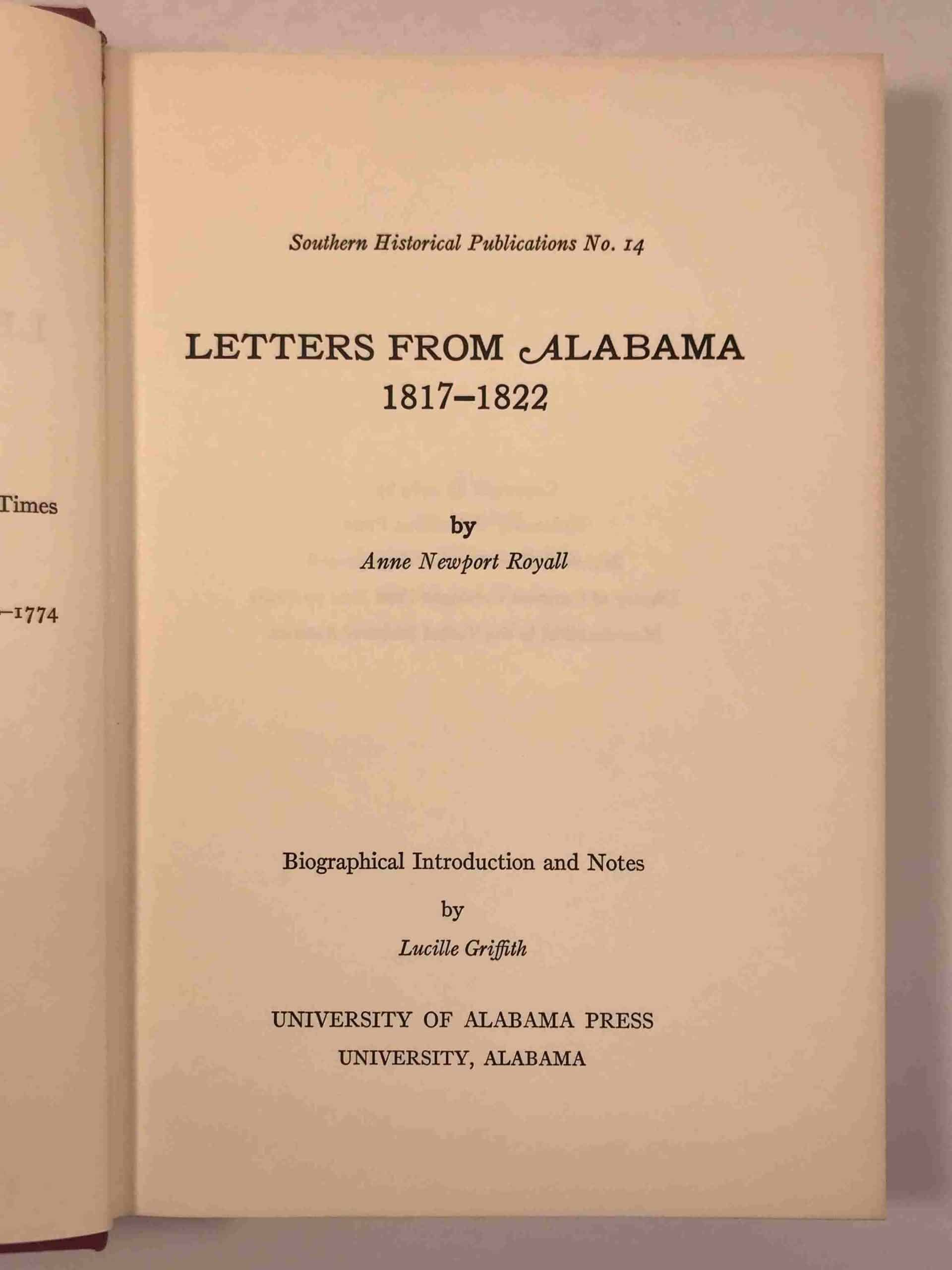
Travel writing was novel at the time, and Royall’s lively and honest style stood out. She wrote “pen-portraits” of famous people and sketched the landscapes she visited, depicting everyday life with vivid, unapologetic descriptions.
A fan of Andrew Jackson, she detailed his compassionate actions during a fever outbreak in one of her “Letters from Alabama”. She also wrote extensively about Huntsville, noting its growth and prominent residents like LeRoy Pope.
Royall’s narratives provided valuable insights into the geography, agriculture, economy, and politics of her time. She wrote to her friend Dunbar about crop statistics, road building, water transportation, and scenes from taverns and hotels.
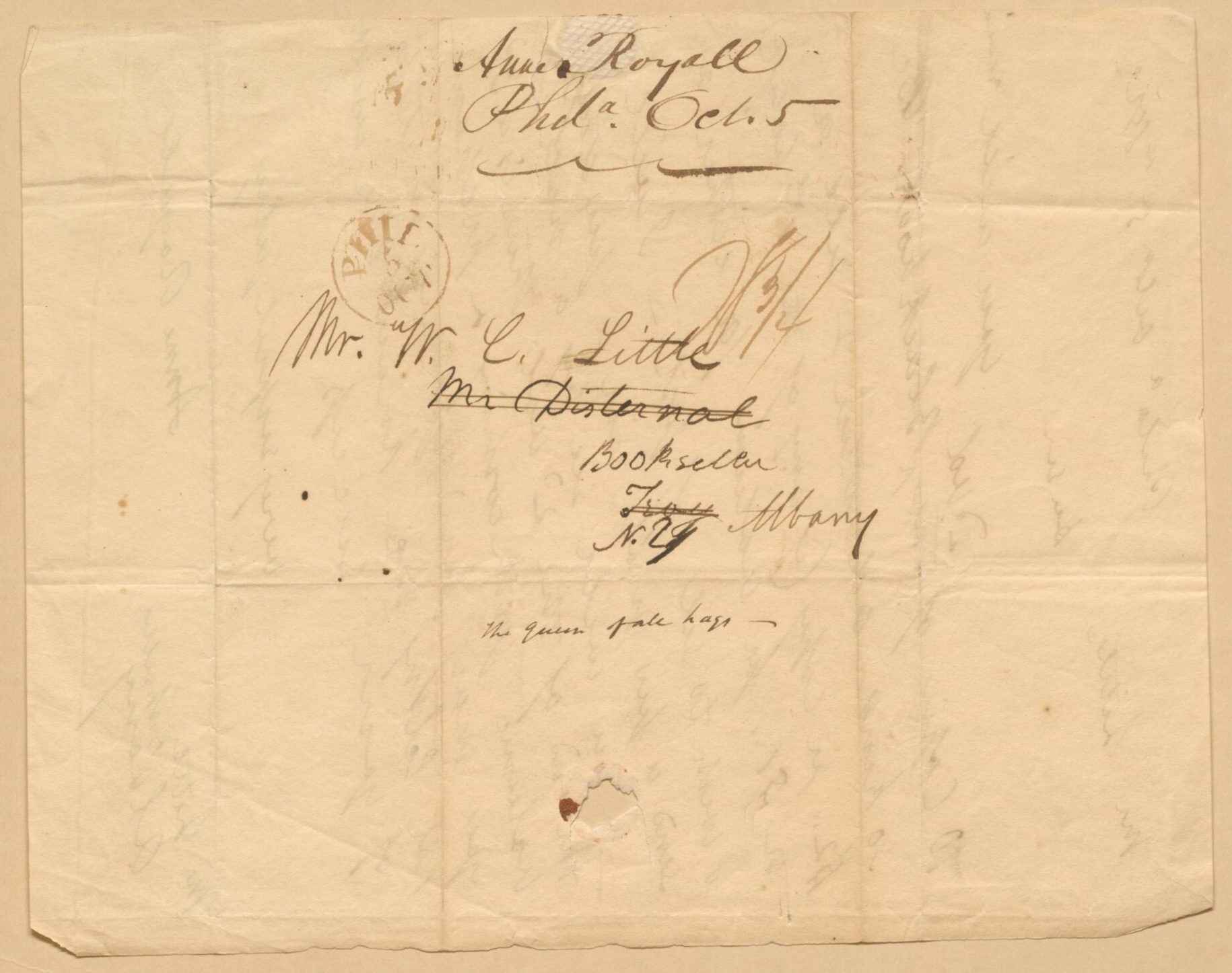
After losing her inheritance, she refined her writing for the commercial market. Her witty and bold style gained her an audience and national recognition, though she wasn’t universally liked.
She often pressured booksellers to buy her books by threatening to criticize them in her next edition. One bookseller, W.C. Little, called her “the queen of all hags”
Her candid observations and public stances made her some strong enemies. Cynthia Earman of the Library of Congress noted that Royall’s books gave her “a reputation as a vulgar, offensive woman.” She was called an eccentric scold and a “literary wild-cat from the backwoods.”
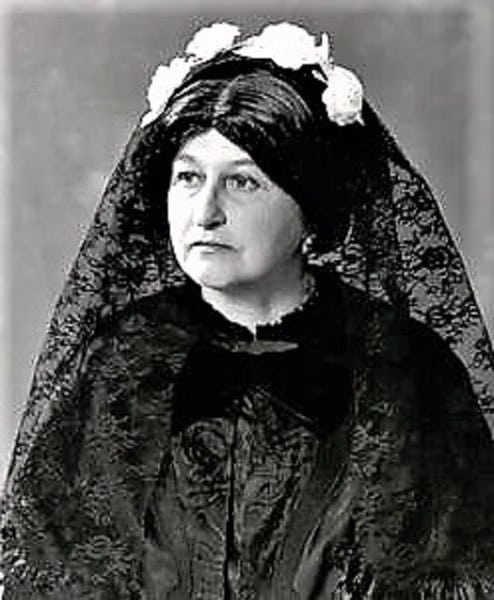
In 1829, Royall returned to Washington, D.C., and lived near a firehouse used by a small Presbyterian congregation. Objecting to their use of the building, she criticized their political plots and referred to Presbyterians as “blue-skins,” “blackcoats,” and “copper-heads.”
This led to conflicts, including claims that congregation members harassed her. She responded with cursing and was arrested, tried, and convicted as a “public nuisance” and “common scold.”
The court ordered her to pay a $10 fine and a $100 bond to guarantee good behavior for a year. Two newspaper reporters paid her penalty to support press freedom. Feeling embarrassed, Royall left Washington to continue her travels.
Her journalism career in later years
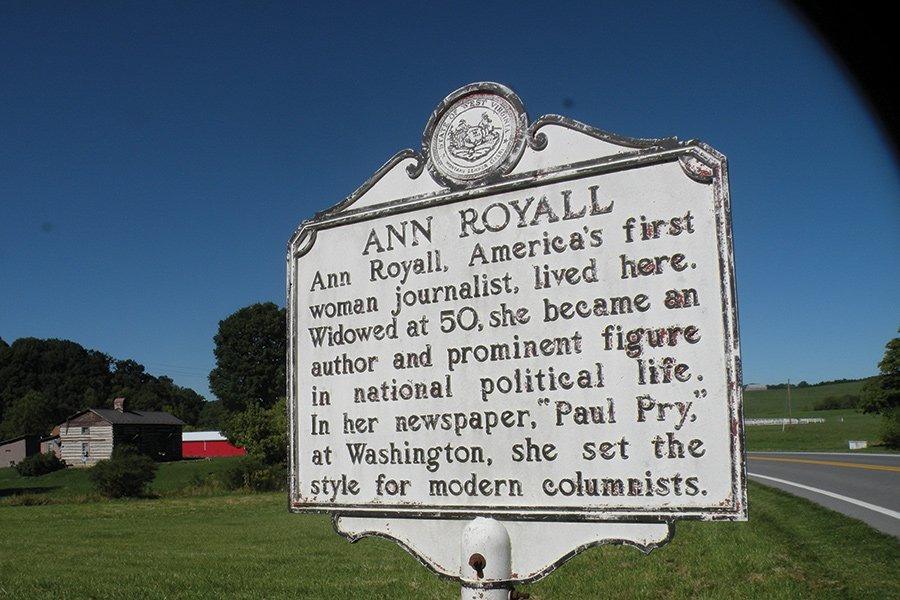
The publicity from Royall’s trial boosted her book sales. In 1830, she traveled south to gather material for “Mrs. Royall’s Southern Tour”, continuing her vivid descriptions and fierce attacks on political corruption.
In 1831, she settled in Washington, D.C., and started a newspaper called “Paul Pry”. It exposed government waste and fraud. She gathered information by visiting the U.S. Senate. In 1836, she reorganized “Paul Pry” into “The Huntress,” adding literary content like Charles Dickens’s fiction.
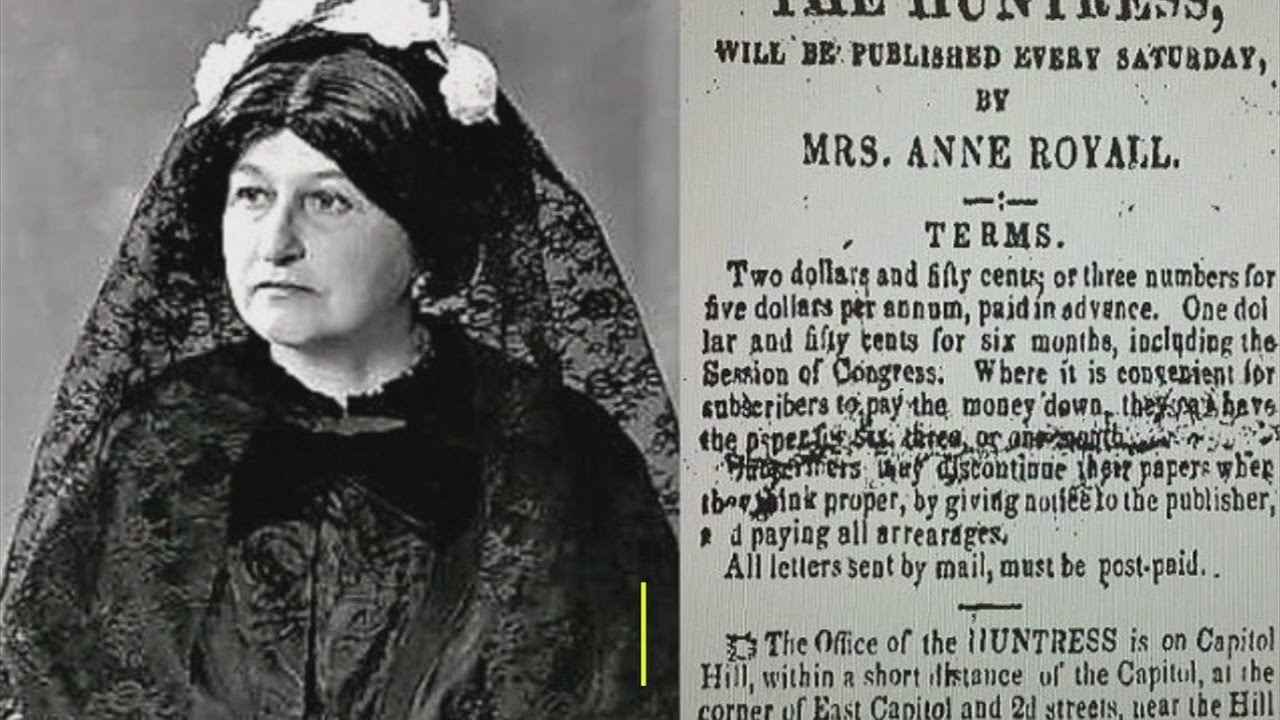
Royall received a small widow’s pension in 1848 and continued publishing “The Huntress” until July 1854. She died on October 1, 1854, and was buried in Congressional Cemetery in Washington, D.C.
Despite constant financial struggles and postal issues, Royall published her newspapers for 30 years, hiring orphans to help with printing. Her fiery editorials and letters made her a notable figure in American journalism.

